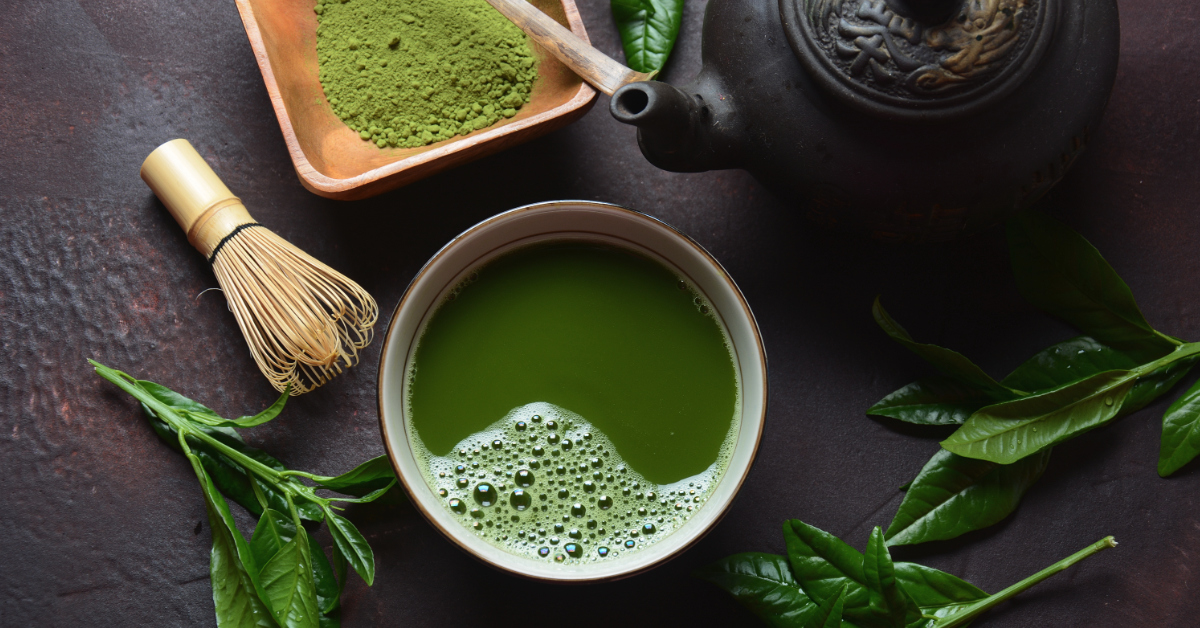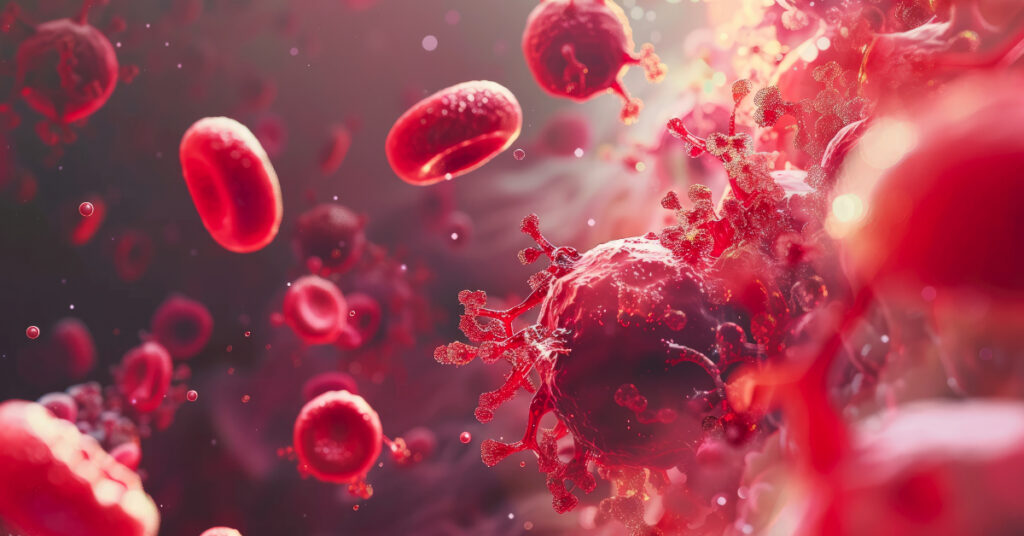Matcha green tea is a type of powdered green tea that originates from Japan. Unlike regular green tea, where leaves are steeped in water, matcha involves consuming the entire tea leaf, which is ground into a fine powder. This unique preparation method ensures that matcha offers a more concentrated source of nutrients and antioxidants compared to other teas.
Historically, matcha has been used in Japanese tea ceremonies for centuries, symbolizing mindfulness and a connection to nature. Its vibrant green color and distinct, slightly sweet flavor have made it a popular choice for tea enthusiasts and health-conscious individuals alike.
What’s in Matcha Green Tea that Makes it so Amazing?
Matcha is packed with essential vitamins and minerals, including vitamins A, C, and E, as well as potassium, calcium, and iron. See a more detailed breakdown at the National Library of Medicine.
One of the most notable components is its high antioxidant content. Antioxidants play a crucial role in protecting the body from free radicals, which can cause cellular damage and contribute to aging and various diseases.
These components also help strengthen the body’s defenses against infections and illnesses. Regular consumption of matcha can enhance the production of antibodies, making the immune system more effective in combating pathogens.
Matcha Green Tea and Antioxidants
Antioxidants are compounds that help prevent oxidative stress and damage to cells. Matcha is rich in several types of antioxidants, including catechins, chlorophyll, and polyphenols.
These antioxidants contribute to numerous health benefits, such as reducing inflammation, slowing the aging process, and lowering the risk of chronic diseases like heart disease and cancer.
Epigallocatechin gallate (EGCG), a type of catechin found in matcha, has been extensively studied for its anti-inflammatory effects. EGCG works by inhibiting the production of pro-inflammatory cytokines, which are molecules that promote inflammation in the body.
The presence of these antioxidants helps neutralize free radicals, which can cause oxidative stress and contribute to inflammation. By reducing oxidative stress, it can lower inflammation and protect against the development of chronic inflammatory diseases.
Enhancing Mental Alertness and Relaxation
Matcha green tea is known for its ability to enhance mental alertness and clarity. This is primarily due to its combination of caffeine and L-theanine, an amino acid that promotes relaxation without causing drowsiness.
The presence of L-theanine in matcha helps improve cognitive function, increase focus, and provide a calm yet alert state of mind, making it an ideal beverage for studying or working.
In addition to enhancing mental clarity, L-theanine also promotes relaxation and stress relief. This amino acid increases the production of alpha waves in the brain, which are associated with a state of relaxed alertness.
Drinking matcha can help reduce stress levels and improve mood, making it a great addition to a daily self-care routine.
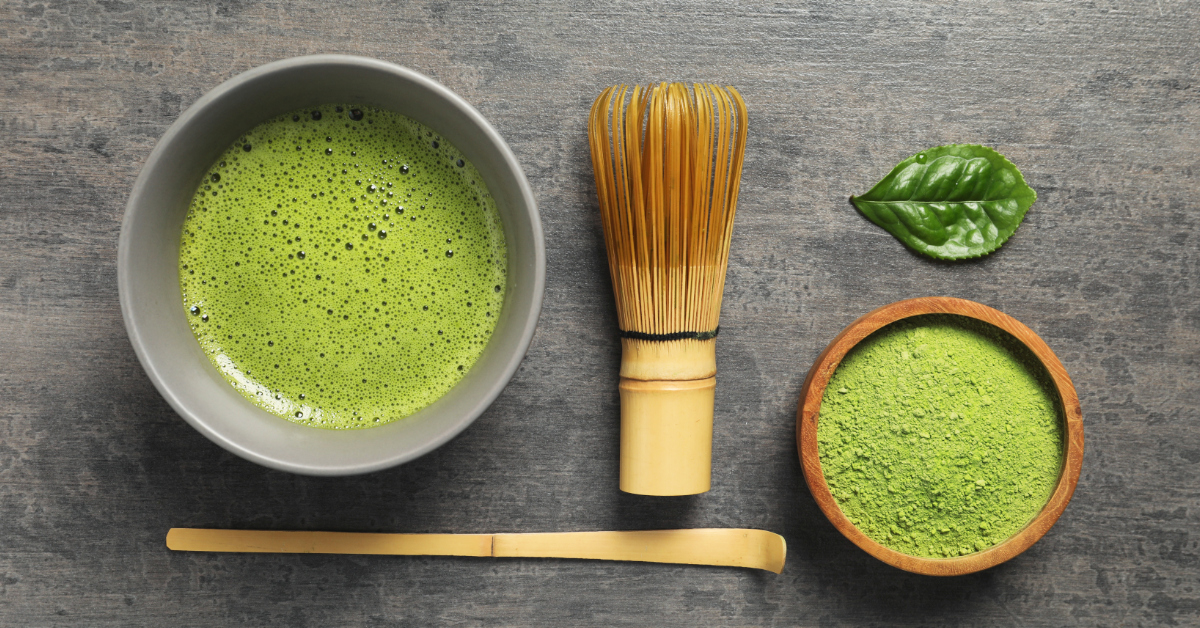
Detoxification with Matcha Green Tea
Matcha is an excellent detoxifier, thanks to its high chlorophyll content. Chlorophyll is a natural detoxifier that helps remove heavy metals and toxins from the body.
Regular consumption of this green powder supports liver function and aids in the elimination of harmful substances, promoting overall health and well-being.
Reducing Inflammation in Specific Conditions
Matcha green tea has been shown to provide relief in certain conditions linked to inflammation, such as arthritis. The polyphenols in matcha can inhibit enzymes that contribute to cartilage breakdown, which may reduce the symptoms of joint inflammation and slow down the progression of arthritis.
Additionally, research suggests that matcha may benefit individuals with inflammatory conditions like inflammatory bowel disease (IBD) by reducing inflammation in the digestive tract. The high fiber found in the fine powder helps regulate bowel movements and prevent constipation.
Additionally, the antioxidants in matcha support the growth of beneficial gut bacteria, which are essential for maintaining a healthy digestive system.
Improving Heart Health
Drinking matcha green tea can have significant benefits for heart health. Studies have shown that matcha can help lower LDL cholesterol levels, reduce blood pressure, and improve overall cardiovascular health.
The antioxidants, particularly EGCG, help protect the heart by preventing the oxidation of LDL cholesterol, which is a key factor in the development of heart disease.
Enhancing Skin, Hair, & Bone Health
The antioxidants in matcha green tea helps protect the skin from damage caused by UV rays and environmental pollutants, reduce inflammation, and promote a clear, radiant complexion. Regular consumption can also help reduce the appearance of fine lines and wrinkles, keeping the skin looking youthful and healthy.
The vitamin and antioxidant nutrients in matcha powder promote healthy hair growth and reduce hair loss. This helps improve scalp health, strengthen hair follicles, and provides essential nutrients for hair growth. Regular consumption of matcha can lead to thicker, stronger, and more vibrant hair.
Matcha green tea contains several nutrients that are beneficial for bone health, including calcium, potassium, and vitamin K. These nutrients help strengthen bones and reduce the risk of osteoporosis. Regular consumption of this healthy tea can support overall bone health and reduce the likelihood of fractures and bone-related diseases.
Balancing Blood Sugar Levels
Matcha green tea has been shown to help regulate blood sugar levels and improve insulin sensitivity. The catechins found in the tea leaves can enhance the body’s ability to utilize glucose and prevent spikes in blood sugar levels. This makes it a beneficial beverage for individuals with diabetes or those looking to maintain stable blood sugar levels.
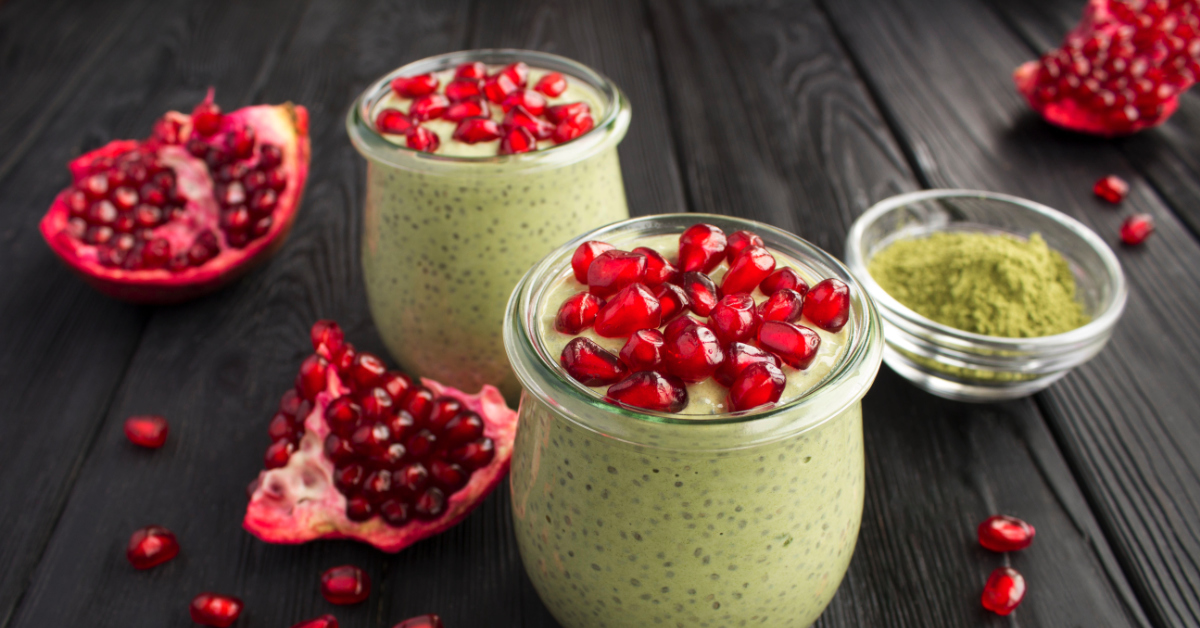
Matcha and Cancer Prevention
Research has suggested that the antioxidants in matcha green tea, particularly EGCG, may have anti-cancer properties. These compounds help prevent the growth and spread of cancer cells and protect the body from oxidative damage. While more studies are needed, the potential anticancer benefits of matcha make it a promising addition to a cancer-prevention diet.
Enhancing Physical Performance
Athletes and fitness enthusiasts can benefit from drinking matcha green tea. The caffeine and antioxidants found in the green powder can help boost endurance, improve physical performance, and reduce muscle fatigue. Matcha can also enhance recovery after exercise by reducing inflammation and supporting muscle repair.
Matcha Green Tea and Longevity
Matcha green tea is often associated with longevity and overall well-being. The high antioxidant content, combined with its numerous health benefits, can contribute to a longer, healthier life. Drinking it regularly can support various aspects of health, from heart and immune function to mental clarity and skin health, promoting a holistic approach to longevity.
Boosting Metabolism and Supporting Immune Health
One of the most celebrated health benefits of matcha green tea is its ability to boost metabolism and aid in weight loss. It contains a unique combination of caffeine and catechins, particularly epigallocatechin gallate (EGCG), which work together to increase the body’s thermogenesis.
This process helps the body burn more calories, even at rest. Regular consumption of matcha can also enhance fat oxidation during exercise, making it a valuable addition to a weight loss regimen.
The immune-boosting compounds in the green leaves, including vitamins and catechins, help strengthen the immune system and reduce chronic inflammation. A strong immune system is essential for maintaining a balanced inflammatory response, ensuring that inflammation is triggered only when necessary to combat infections or injuries.
How to Incorporate Matcha into Your Diet
There are various ways to incorporate matcha green tea into your diet. It can be enjoyed as a traditional tea, mixed into smoothies, added to baked goods and desserts, or as a supplement.
Due to matcha green tea’s powerhouse of antioxidants it is a key ingredient in our all-natural nutraceutical, ProleevaMax. Our formula was specifically designed to combat inflammation and relieve chronic pain by combining the restorative properties found in nature and the advancements of science.
Two other ingredients included in ProleevaMax well known for their powerful anti-inflammatory properties are curcumin and panax ginseng. Combining these three along with ten other complementary ingredients have worked to create a powerhouse of restorative effects for users. If you are suffering from chronic inflammation and pain, try it today and enjoy peace of mind with LanFam’s money-back guarantee.
If you are sensitive to caffeine and have never had matcha before, a typical serving of matcha tea is 2-4 grams (38-176 mg of caffeine). Two ProleevaMax capsules contains .225g of matcha (roughly 2.25 mg of caffeine).
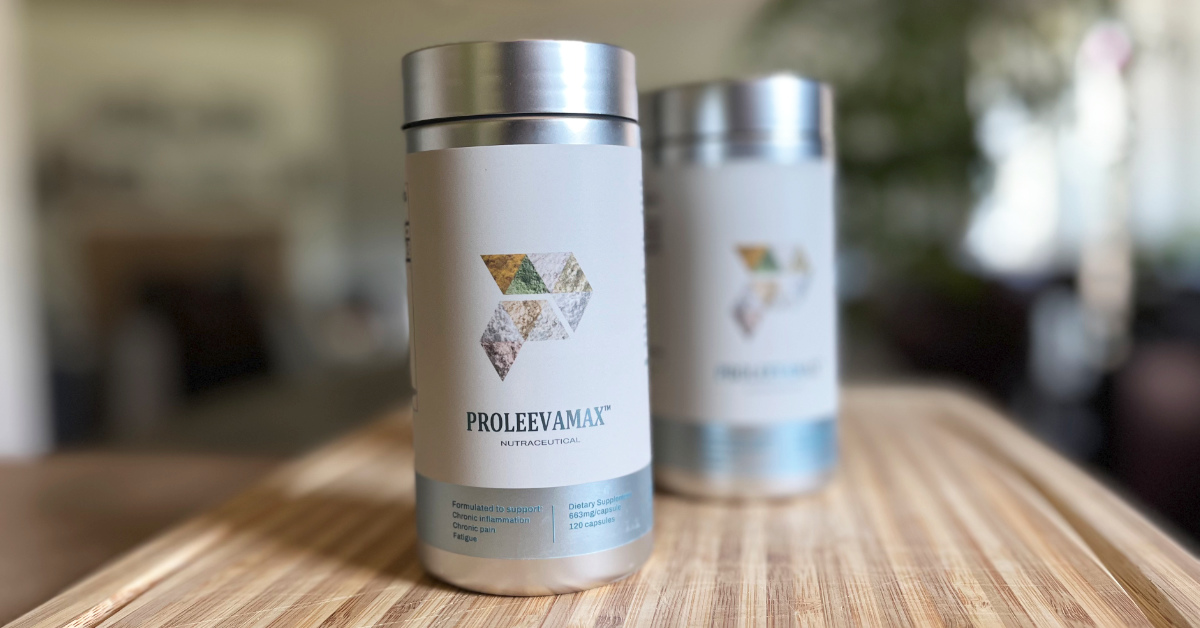
Potential Side Effects and Precautions
While matcha green tea offers numerous health benefits, it’s important to consume it in moderation. Excessive consumption can lead to side effects such as insomnia, headaches, and digestive issues due to its caffeine content. It’s recommended to limit matcha intake to one or two servings per day.
Individuals with certain health conditions or those taking medications should consult with a healthcare professional before adding it to their diet.
Frequently Asked Questions
What is matcha green tea? Matcha green tea is a type of powdered green tea made from finely ground whole tea leaves. It originates from Japan and is known for its vibrant green color and high antioxidant content.
How does matcha help in weight loss? It helps in weight loss by boosting metabolism and increasing fat oxidation. The combination of caffeine and catechins in matcha enhances the body’s ability to burn calories and reduce fat accumulation.
Can matcha improve mental clarity? Yes, it can improve mental clarity due to its combination of caffeine and L-theanine. This duo promotes a state of calm alertness, enhancing focus and cognitive function without causing jitters.
Is matcha green tea good for skin health? Yes, it is beneficial for skin health. The antioxidants in matcha protect the skin from damage, reduce inflammation, and promote a clear, youthful complexion.
What are the potential side effects of matcha? Potential side effects of matcha include insomnia, headaches, and digestive issues, especially if consumed in large quantities. It’s best to limit intake to one or two servings per day.
How can I incorporate matcha into my diet? Matcha can be enjoyed as a traditional tea, added to smoothies, used in cooking and baking, or as a supplement. Its versatility allows for various delicious ways to include it in your diet.
Matcha has so Many Health Benefits
Matcha green tea is a powerhouse of health benefits, from boosting metabolism and enhancing mental clarity to supporting heart health and promoting longevity.
Its rich nutritional profile and high antioxidant content make it a natural remedy for those looking to manage inflammation and prevent the onset of chronic diseases.
Whether enjoyed as a traditional tea or included as a supplement, matcha offers a delicious and nutritious way to improve overall health and well-being.
Discover how ProleevaMax can transform your life! Watch video testimonials from actual users, or speak directly with one of our experts at (305) 504-8514 to learn more.


